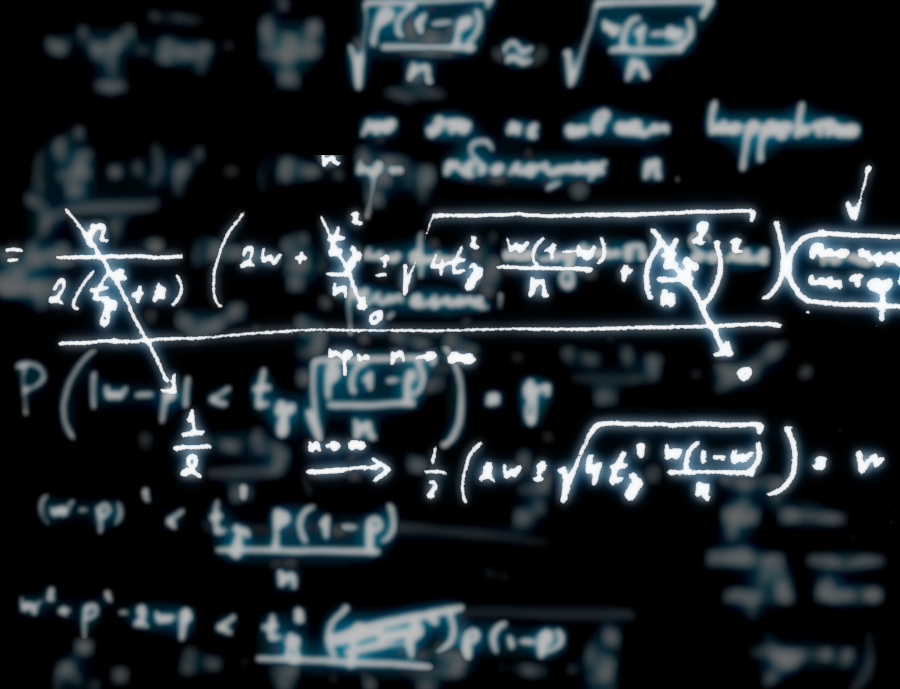Wikipedia’s Science Articles Are Elitist

Credit to Author: Michael Byrne| Date: Thu, 12 Oct 2017 15:58:06 +0000
As science journalists, we aren’t all neuroscientists, astrophysicists, and-or climate scientists. Which is to say that at least some of the time we’re learning about this stuff alongside you, the reader. And in the course of that learning, we may happen upon a Wikipedia page for, say, nonribosomal peptide. Good journalists know well enough that Wikipedia is in itself not a reliable source, but a page’s references section can wind up being a solid repository of links to sources like to be reliable. With that disclaimer out of the way: Yes, I look up science stuff on Wikipedia.
As such, I’m a regular witness to something that until recently I’d had a hard time articulating. What changed was an episode of the podcast Breaking Math about the very long-standing problem of science and elitism. In making the general point that science uses its intrinsic difficulty as a mechanism for enforcing an otherwise artificial exclusivity, one of the hosts noted something I’d been observing every day without it quite registering: Wikipedia articles about “hard science” (physics, biology, chemistry) topics are really mostly written for other scientists.
This particular class of Wikipedia article tends to take the high-level form of a scientific paper. There’s a brief intro (an abstract) that is kinda-sorta comprehensible, but then the article immediately degenerates into jargon and equations. Take, for example, the page for the electroweak interaction in particle physics. This is a topic of potentially broad interest; its formulation won a trio of physicists the Nobel Prize in 1979. Generally, it has to do with a fundamental linkage between two of the four fundamental forces of the universe, electromagnetism and the weak force.
The Wikipedia article for the electroweak force consists of a two-paragraph introduction that basically just says what I said above plus some fairly intimidating technical context. The rest of the article is almost entirely gnarly math equations. I have no idea who the article exists for because I’m not sure that person actually exists: someone with enough knowledge to comprehend dense physics formulations that doesn’t also already understand the electroweak interaction or that doesn’t already have, like, access to a textbook about it.
For another, somewhat different example, look at the article for graphene. Graphene is, of course, an endlessly hyped superstrong supermaterial. It’s in the news constantly. The article isn’t just a bunch of math equations, but it’s also not much more penetrable for a reader without at least some chemistry/materials science background. Here’s the first line: “Graphene is an allotrope of carbon in the form of a two-dimensional, atomic-scale, hexagonal lattice in which one atom forms each vertex.” That’s not too bad but a reader has to figure it’s not going to get much better as the article progresses (it doesn’t).
Encyclopedia Britannica, meanwhile, offers something more digestible: “Graphene, a two-dimensional form of crystalline carbon, either a single layer of carbon atoms forming a honeycomb (hexagonal) lattice or several coupled layers of this honeycomb structure.” I can actually read that.
Wikipedia articles are, of course, the product of volunteer writers and editors. Popular articles are litigated constantly, a transparent process that can be tracked via discussion and edit logs. The graphene article’s discussion archive features mostly arguments about finer technical points, such as whether or not the material is really two-dimensional or if it’s really an allotrope of carbon. But there are some arguments about readability, though they seem to be a minority.
User Rich.lewis writes:
But serioulsy, if anyone really does understand what all this means, it would be nice to ADD some statements saying something like “this means such and such” without actually dumbing down the article or removing any of the important facts and figures. A good example, under the mechanical properties, is the statement “These high values make Graphene very strong and rigid.” I may not know what the Mermin-Wagner theorem is but, I do know what strong and rigid mean.
User Pb8bije6a7b6a3w writes:
Don’t get me wrong, there is a lot of good in the current article, I don’t think anything should be taken away, but the technical place it starts on will scare most readers away. This should definitely not be held up as an example of a good ecyclopedia article. If anything, it’s a great example of why many wiki technical articles are really bad.
Is this elitism? Is it just scientists writing like scientists? Have no doubt that a great many scientists are terrible at communication, but we can also imagine a world in which Wikipedia would attract the scientists that actually are good at communication. There have to be some that aren’t otherwise occupied with writing books about string theory.
But that’s not it either. Writers don’t just dip in, produce some Wikipedia copy, and bounce. It’s like a gig. Wikipedia editing and writing is an active thing, an interminable back and forth among editors. In a way you can imagine impenetrable writing as a defensive strategy wielded to scare off editor-meddlers. That would be elitism, like in its most literal active form.
Of course, I do this as my job and I haven’t fixed so much as a comma on Wikipedia, let alone written the sort of article I’d like to see on Wikipedia, which is a well-sourced, contextual explanation of something that offers technical detail for those interested but doesn’t demand it at the same time. A Wikipedia article should be an opportunity to increase science literacy rather than a barrier to it. Few currently meet that standard.